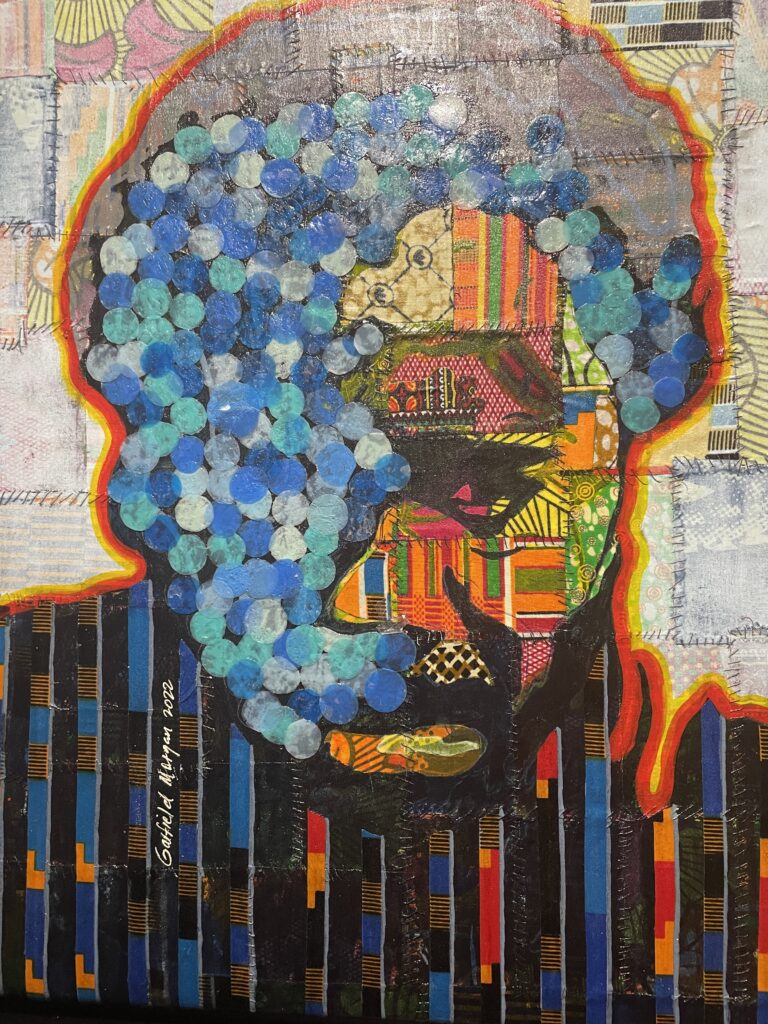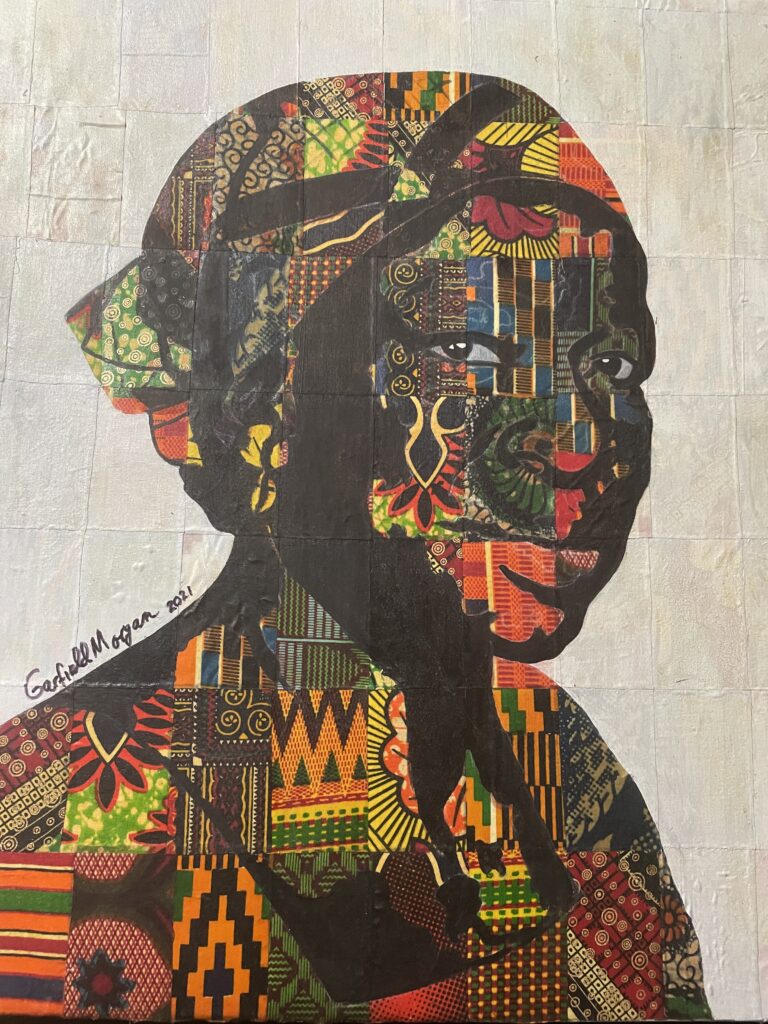Thomas Sankara was a special brand feminist

Thomas Sankara was a man of many facets. A soldier, a revolutionary, an ideologue and a nationalist. Unknown to some, Sankara was also a feminist, an advocate of women’s rights and privileges. During his tenure as head of state, he initiated policies that challenged patriarchy, empowered women, promoted girlchild education, banned female circumcision and early marriage. He tried to suppress the traditional high bride price which made women appear as possessions bought by their husbands. These uplifted the status of women, generally.
This discussion could not have come at the better time than now, since the trial for Sunkara’s assassination has been slated to commence in October, after 33 long years. The trial will take place at la Salle des Banquets of Ouaga 2000 and will be open to the general public. Burkinabè who witnessed the rule of Sankara are wont to reminisce the legacies of this prophetic revolutionary whose charm and charisma shook the whole word, winning him friends and foes alike. It is no secret that Sankara’s company was cherished by women from all spheres, within and outside Burkina Faso. It was very common to see him in photos with famous African stars like Miriam Makeba.
Celebrating International Women’s Day
March 8 is International Women’s Day, set aside as the day to celebrate women worldwide, in recognition of their contribution to humanity. The common practice in many countries is to hold lectures and activities that showcase women.
Sankara added a spice to this celebration in a spectacular way. He mandated rest for women on this special day. Only men could go to the market for groceries, clean the house and cook the meals while women took time to unwind. This reversal of role was to practically educate the men on the value that women add to home and society. What is hilarious about the practice is that it addressed the typical squabble over food money (Le Nansongo). Many men used to accuse their wives of mismanaging money for food. Given this opportunity, men spent more on the same items their wives bought for less because they could not bargain. They also had a hard time cleaning and cooking. Typically, men could not wait for the day to end. However, it made them appreciate women for their strength and acumen. March 8, under Sankara, was great fun, sadly this practice was discarded, just as many of his brilliant policies.
His Profound Convictions on Women’s Emancipation
Those who were close to Sankara testify that he spent long hours analyzing the plight of women in poor countries, searching for solutions. As a revolutionary leader with a Marxist/Leninist inclination, Sankara invited many foreign left-wing/progressive personalities to Burkina Faso on Women’s Day, in order to enrich the conversations around women’s empowerment. A striking example was the visit of Dorotea Wilson, a left-wing member of the then Nicaragua National Assembly. Wilson paid special tribute to Sankara’s speech against the oppression of women, “This speech is not just a declaration of principles. It also shows a profound understanding of, and active solidarity with the struggle of women which in fact belongs to and involves all of humanity.” Tragically that was the last speech of this kind. Sankara was gunned down some few months later.
Sankara, beloved by ladies
Many who knew Sankara said he had an alluring aura. His impeccable sense of military apparel and sport outfit, his love for music contributed to his natural charisma. The photogenic Sankara was always surrounded by large groups anytime he posed for a picture, resplendent in his uniform. His hobby, the dry guitar, made him enamored by the stars of stars in the subregion and beyond. Women made a large chunk of this crowd. In appreciation of women, the president once said: “Women hold up the other half of the sky”. He is always remembered for many seminal reflections of this type. The President who some affectionately called “the handsome Sankara” or “the ladies’ man’, had enormous respect for women and believed in their capabilities. He insisted on the participation of women in governance at the national and global levels. Sankara was ahead of his time. My next entry will be dedicated to his dream for a wholly emancipated African woman.
Moussa Traoré is a Senior Lecturer at the Department of English, University of Cape Coast, Ghana.






